Characteristics of The 21st Century Classroom
Educational Technology and Mobile Learning
JANUARY 4, 2024
When I embarked on my teaching journey back in 2003, the landscape of the classroom was quite different from what we see today. As I ponder these changes, I find it both fascinating and essential to articulate the characteristics that now define a modern classroom.

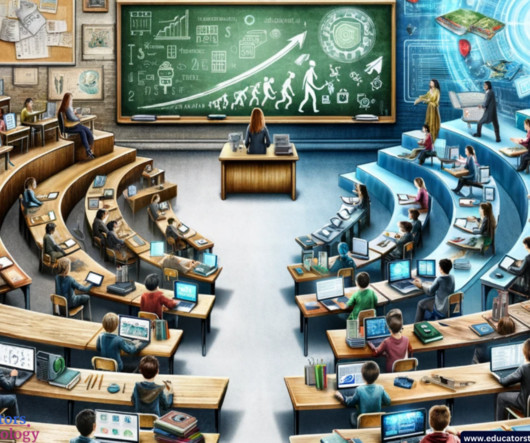



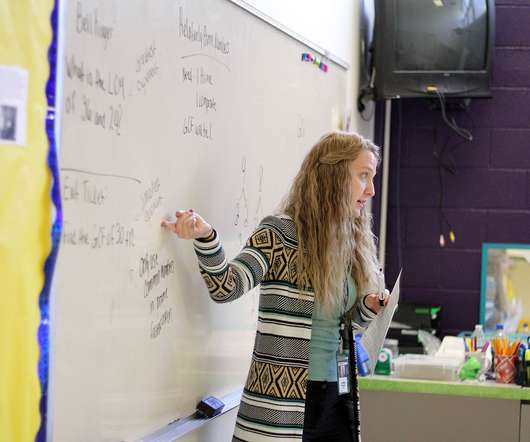
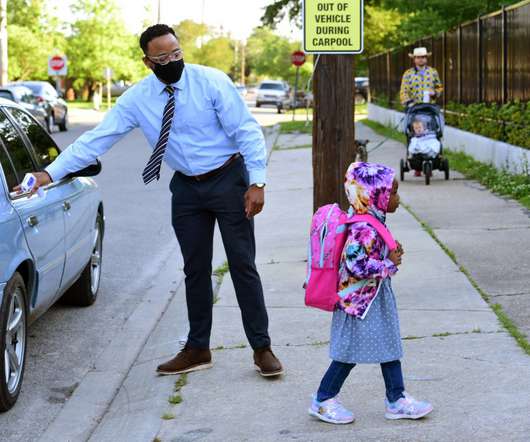
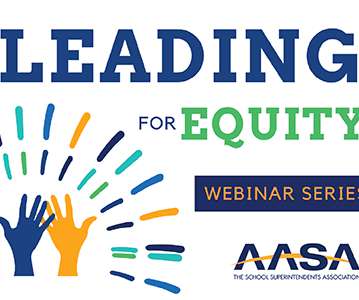


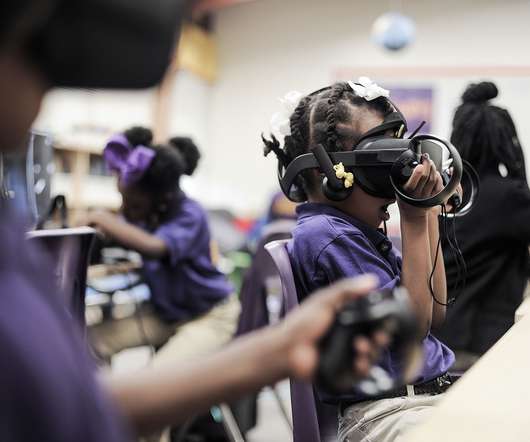


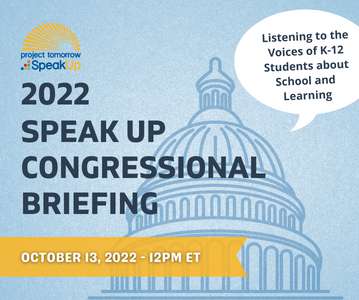
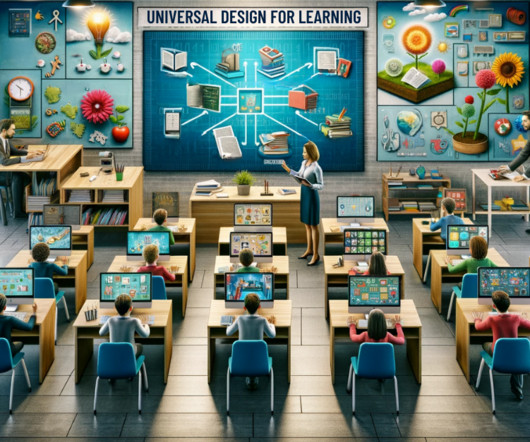












Let's personalize your content